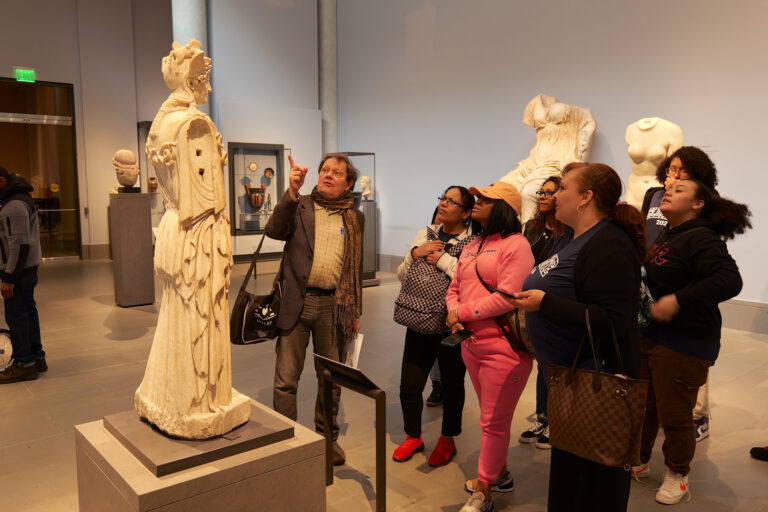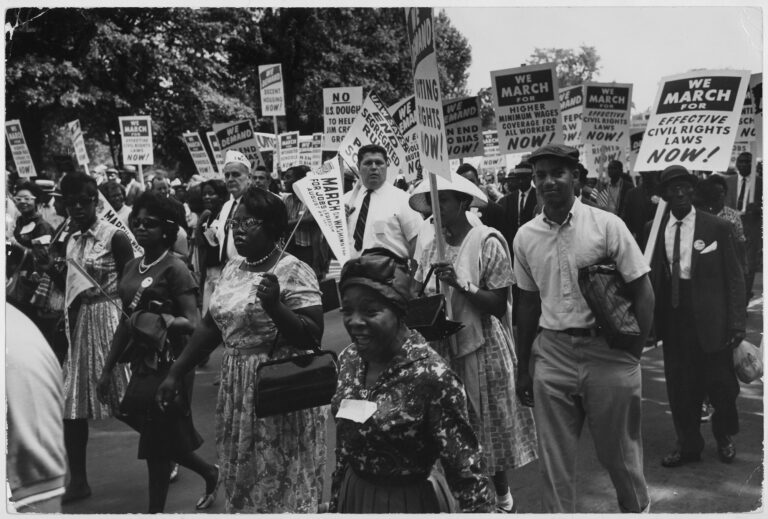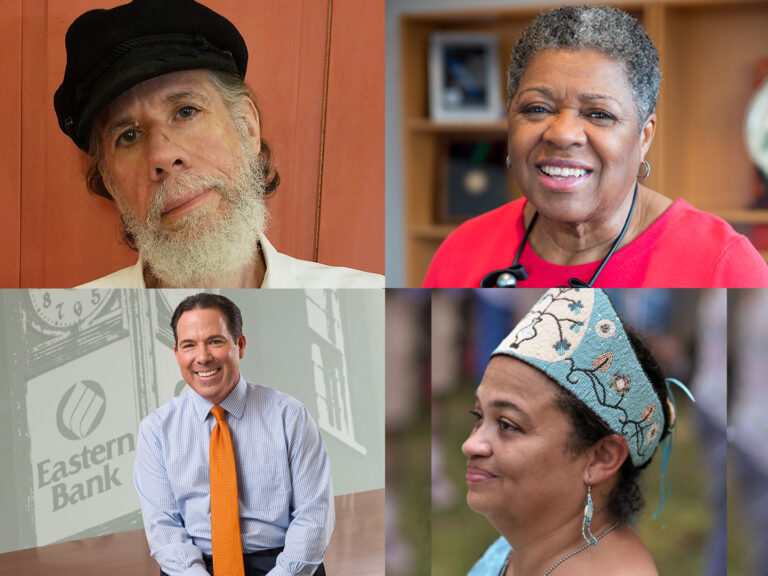Ta-Nehisi Coates begins his book, In Between the World and Me, with his adolescent son’s reaction to the announcement that the policeman who killed Michael Brown in Ferguson, Missouri, would not be indicted. Coates describes finding him crying in his bedroom. My own son was just two years old when I read the book, but already I knew the feeling of comforting an inconsolable child. This is a basic part of being a parent. The situation Coates faced, however, was one I will never experience.
“I did not tell you that it would be okay, because I have never believed it would be okay.” Now, Coates writes, his son must know the truth about law enforcement and African American bodies. He must understand that he can be destroyed.
“It does not matter if the destruction is the result of an unfortunate overreaction. It does not matter if it originates in a misunderstanding. It does not matter if the destruction springs from a foolish policy.”
These are cold facts, delivered with love but directly, as simple and horrific as the ever expanding list of names. Eric Garner. Tamir Rice. Renisha McBridge. Marlene Pinnock. Alton Sterling. And now George Floyd. “The destroyers,” Coates tells his son, “will rarely be held accountable. Mostly they will receive pensions.” Sons, mothers, fathers, cousins. Gone.
I do not send my son into the world afraid that he will be killed because of the color of his skin. He is not perceived as a threat by those charged with public safety. If he were, if that was a condition of his life over which I had no control, I believe I would go mad trying to protect him. If he were but the latest member of my family to be marked at birth as a danger, if all around him he experienced the results of harmful policies and sanctioned destruction, I’m not sure how I would console him. As a white man, I don’t have the talk with my son that Coates has with his, the conversations African Americans must have every generation.
Instead, I get to choose. I choose to describe the world in terms that I hope will make my son tolerant, curious, and understanding of others, but I don’t consider how to reduce his chances of being shot. I get to choose. That is the definition of privilege: choice.
Today, it seems to me the only choice is how best to serve as an ally to those to whom this nation grants no choice when it comes to the safety of their children. How will I address, in my daily work, in my interactions with my neighbors, and in my conversations with my children, the systemic issues that lead to a police officer using lethal force on an incapacitated black man?
This is a sorrowful time. The COVID-19 pandemic has stolen the lives of more than 6,000 Massachusetts residents, with people of color disproportionately represented in that number. We must make space to mourn them, just as we must mourn George Floyd, mourn Breonna Taylor, and mourn Ahmaud Arbery. I hope to channel my anger and sadness into work that matters.
This month Mass Humanities launches “Democracy and the Informed Citizen,” a series of writing and media literacy courses for graduates of our Clemente Course in the Humanities in Dorchester, New Bedford, Springfield and Worcester. This month we call for grant applications for communities interested in reading Frederick Douglass’s “What to the Slave is the Fourth of July?” speech. This work gives me hope, it is the work I’ve chosen, but I know it is not enough.
In the coming weeks, I’ll continue to seek out the wisdom of people from the communities impacted by these tragedies, to hear how we at Mass Humanities can do more.
I believe in the humanities because I believe in human beings, in our ability to share in the human story, to learn from one another and our ancestors, and to build a more just world with all that we have learned.
In the words of my colleague, Kevin Lindsey, CEO of the Minnesota Humanities Center, “The work of creating a just society for all does not happen by accident. The work of a just society requires all of us to play our part in advancing the cause of justice.”
Be well,

Brian Boyles
Executive Director



